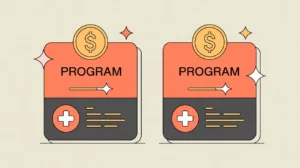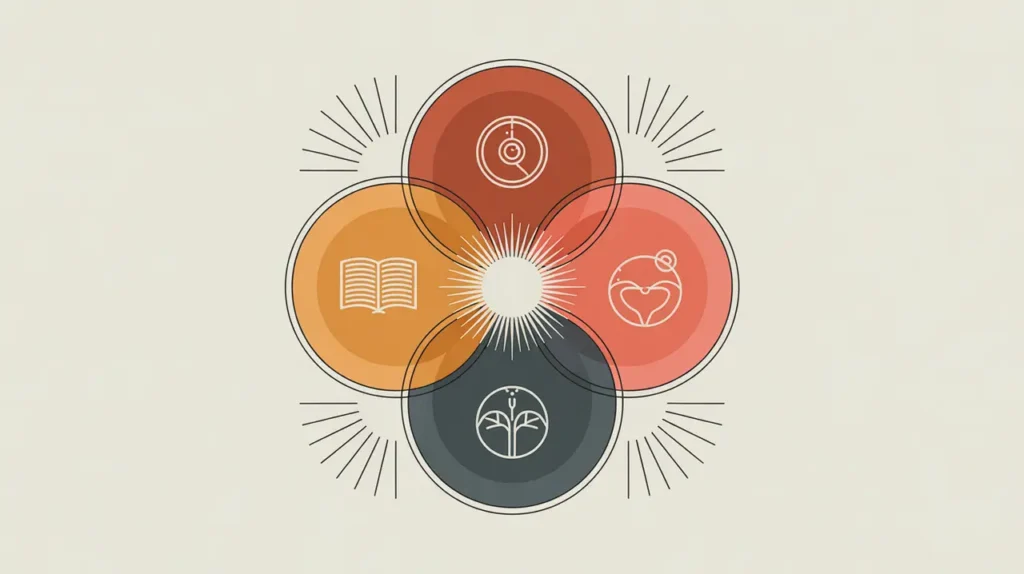Importance of Scenario Planning
Scenario planning equips organizations to anticipate and prepare for multiple possible futures. It is important because uncertainty, volatility, and discontinuity often define the environments where social innovators and development actors operate. By exploring different scenarios, organizations can stress-test strategies, identify risks, and uncover opportunities. In development and social innovation, scenario planning matters because it enables resilience, long-term thinking, and proactive adaptation in the face of rapid change.
Definition and Features
Scenario planning is a strategic framework that uses alternative, plausible futures to inform decision-making and strategy. Its defining features include:
- Multiple Futures – considers diverse trajectories rather than a single forecast.
- Drivers of Change – examines political, economic, social, technological, and environmental forces.
- Stress Testing – evaluates how strategies perform under different conditions.
- Flexibility – helps organizations pivot or adapt quickly when contexts shift.
- Long-Term Perspective – encourages thinking beyond immediate project cycles.
How this Works in Practice
In practice, scenario planning might involve a global health nonprofit exploring the implications of different pandemic trajectories, or an education funder modeling outcomes under high or low digital adoption. Workshops often bring together diverse stakeholders to imagine and map out potential futures, identifying both risks and opportunities. Challenges include the need for significant time investment, the temptation to predict rather than explore, and difficulty integrating scenarios into daily decision-making.
Implications for Social Innovation
Scenario planning strengthens social innovation by helping organizations build strategies that are robust across uncertain futures. It encourages creativity, foresight, and resilience, enabling practitioners to adapt without losing sight of long-term goals. For funders and policymakers, scenario planning provides a tool to align investments with uncertainty and to avoid being locked into brittle strategies. It can ensure that social innovation can navigate disruption while seizing opportunities for systemic advantage.







